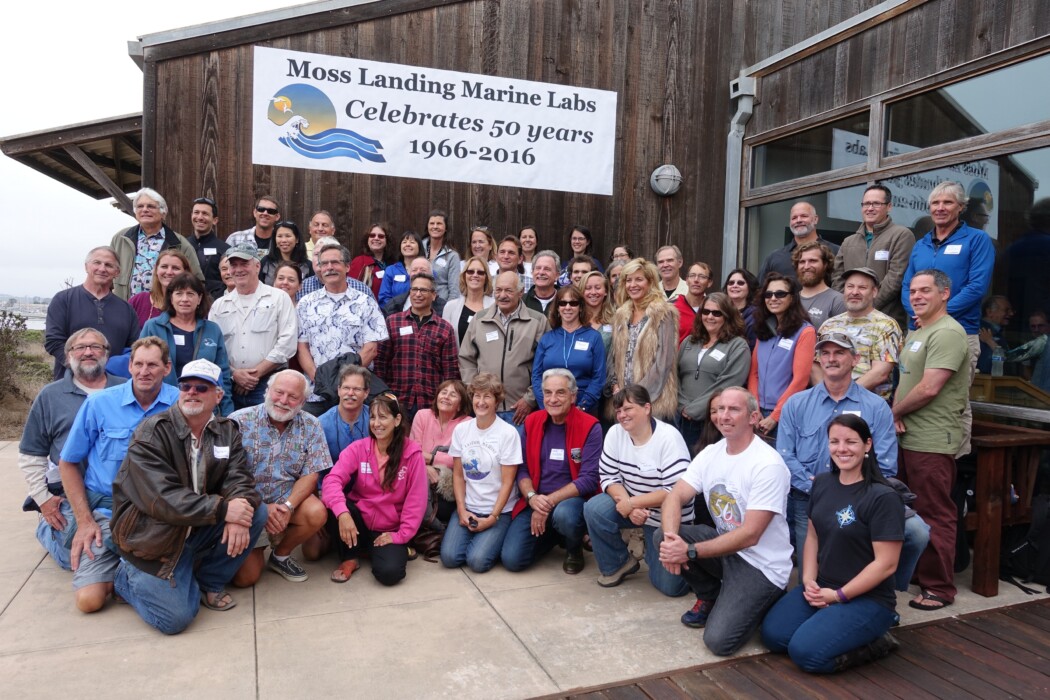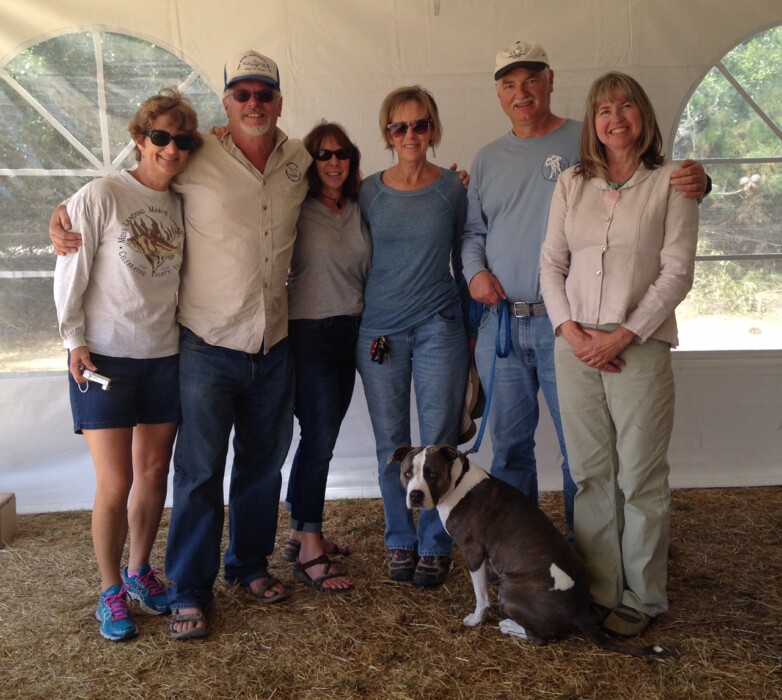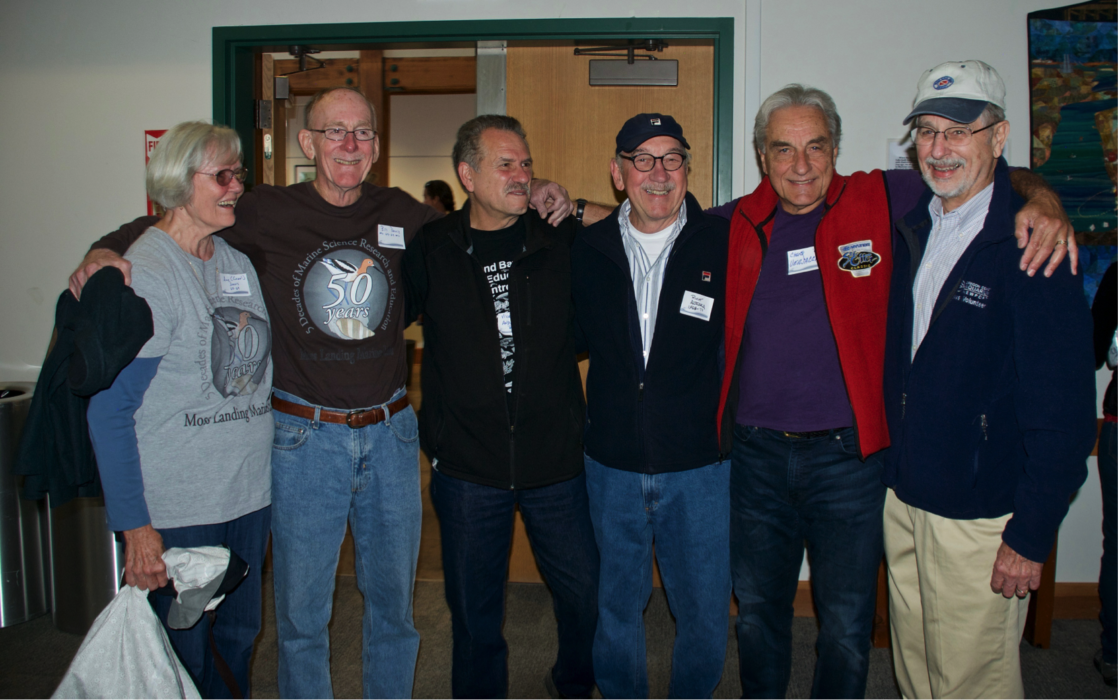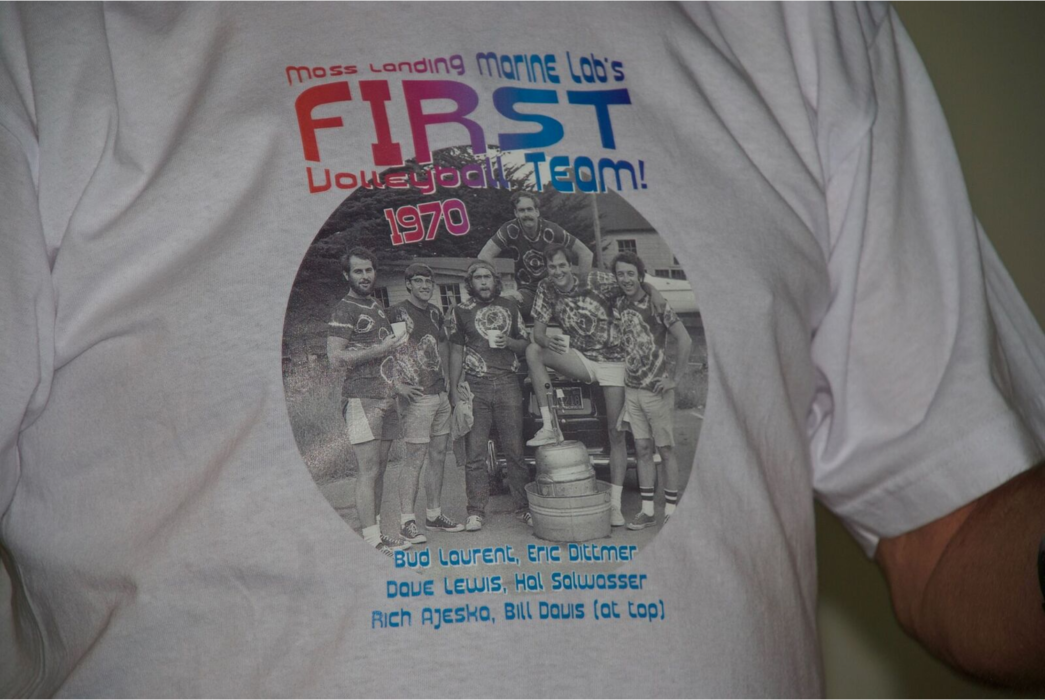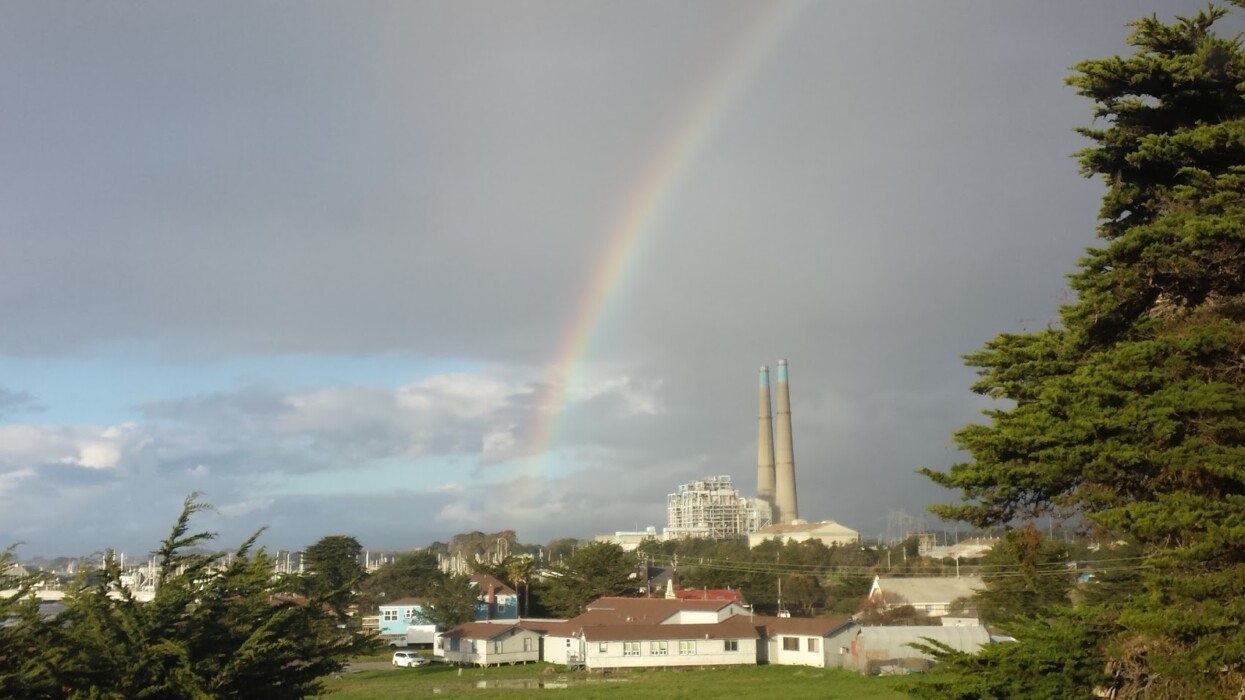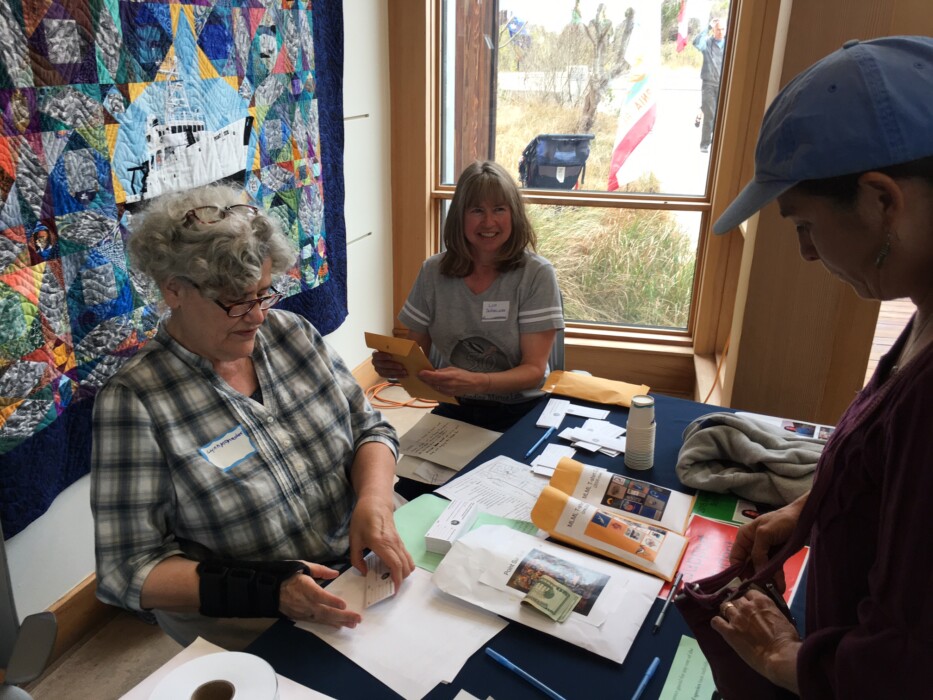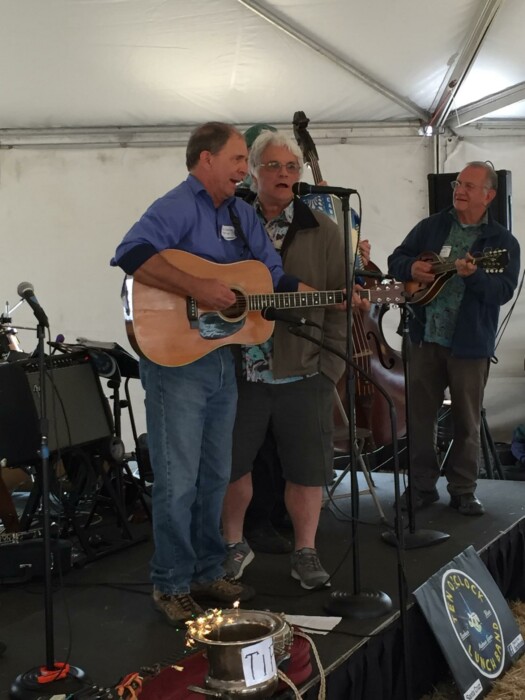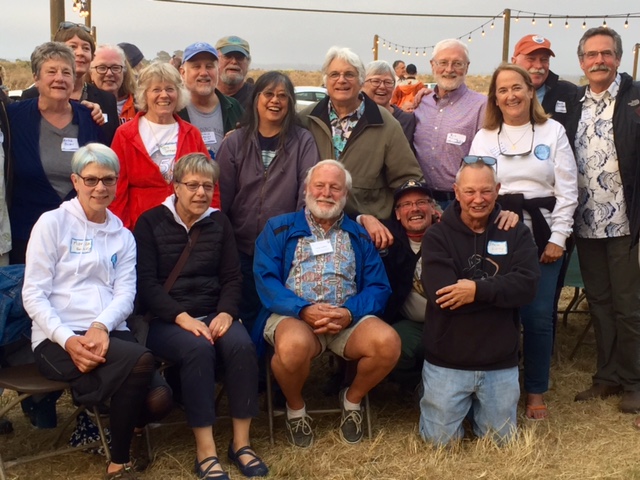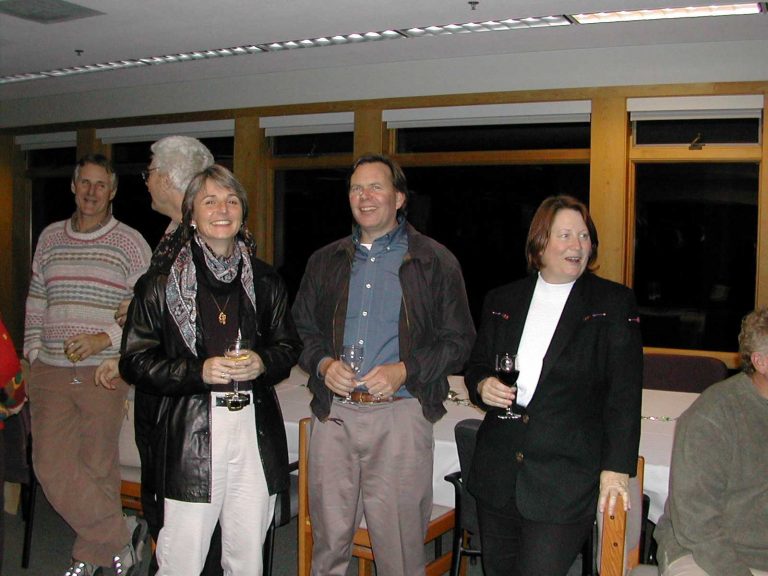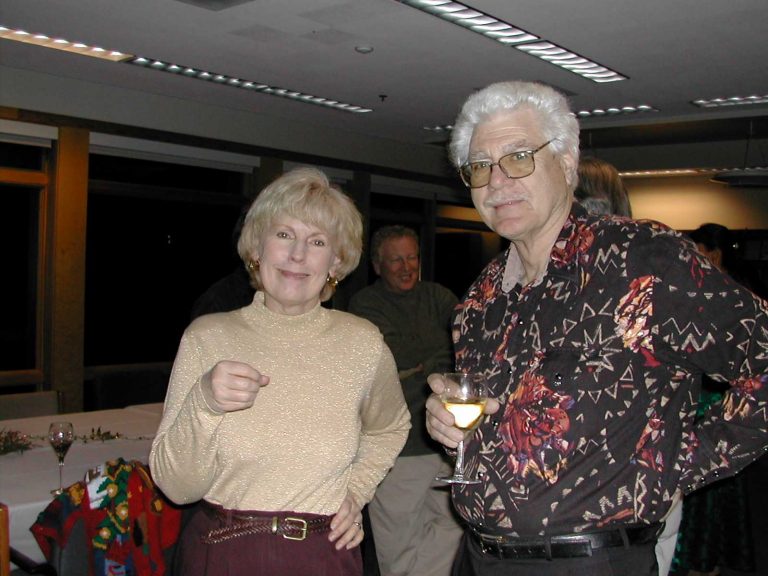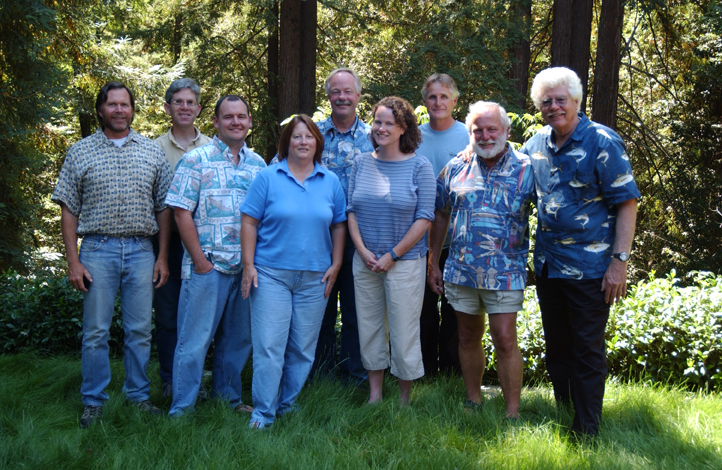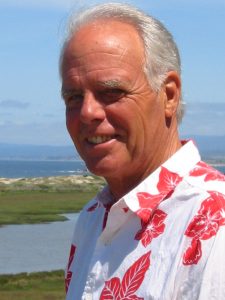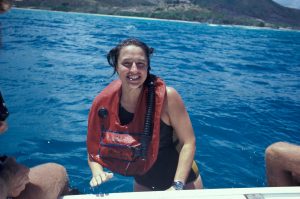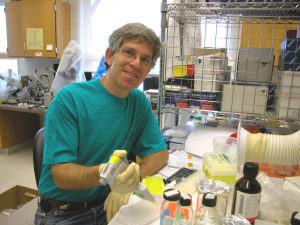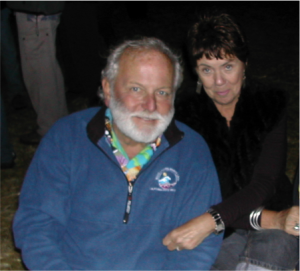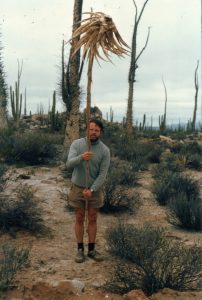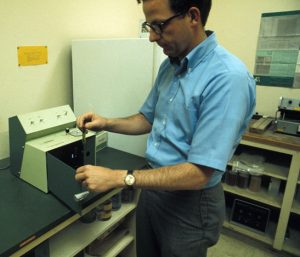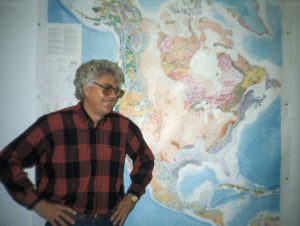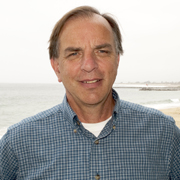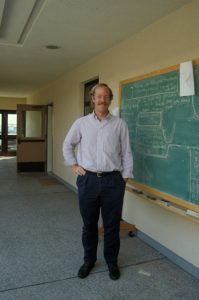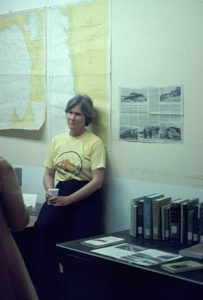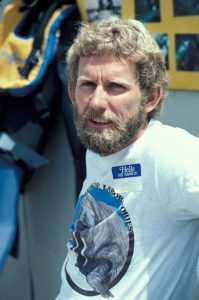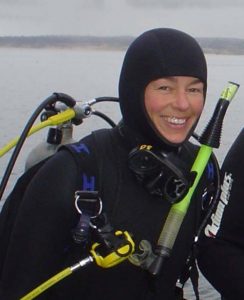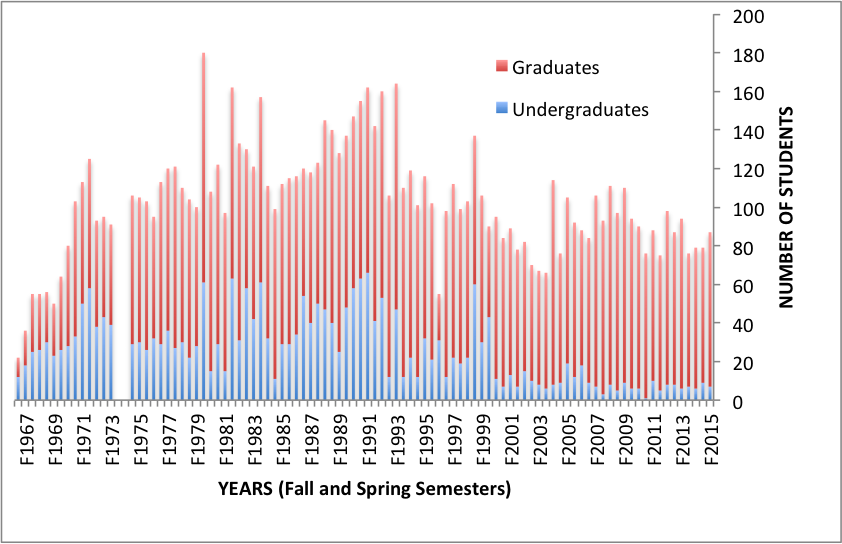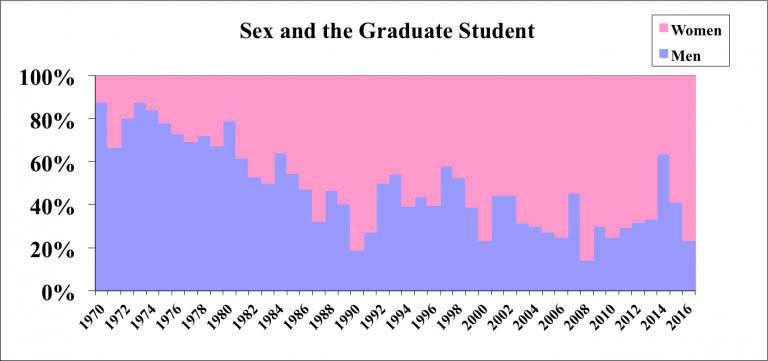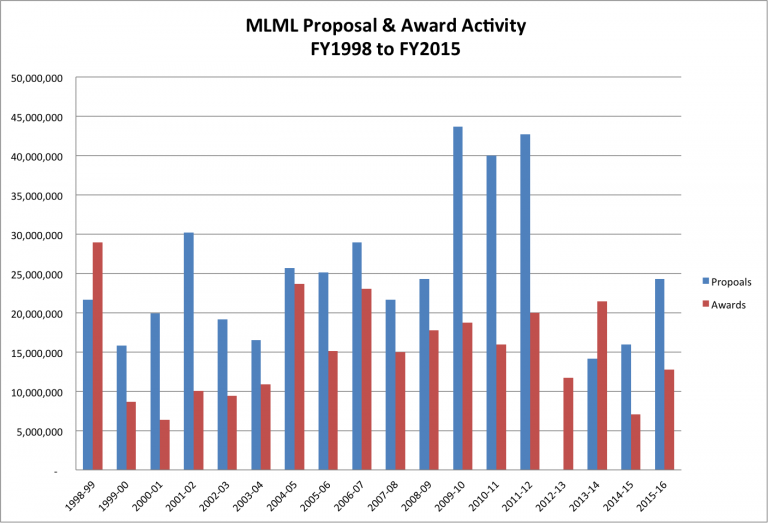Get ready for our Fall 2016 seminar series lineup!
|
FALL 2016 SEMINAR SERIES Thursdays @ 4pm in the Moss Landing Marine Labs Seminar Room (to the left inside the main entrance) 8272 Moss Landing Road, Moss Landing, CA 95039 |
|||
| Date | Speaker | Host lab | Title |
| Aug 25 | MLML In-House Open House | ||
| Sep 1 |
Jeremy Goldbogen Hopkins Marine Station |
Vertebrate Ecology | Insights into the Underwater Behavior, Species Interactions, and Biomechanics of Baleen Whales using Suction-Cup Attached Video and Inertial Sensors |
| Sep 8 |
Barbara Bekins USGS |
Geological Oceanography | The relationship of wastewater injection to the increase in central and eastern U.S. seismicity |
| Sep 15 |
Patrick Gagnon Memorial University |
Phycology | Environmental controls of cold-water benthic systems in the northwestern Atlantic |
| Sep 22 |
Joshua Lord MBARI |
PSRC & Fisheries Conservation Biology | Community-level responses to warming and ocean acidification |
| Sep 29 |
Iliana Ruiz-Cooley MLML |
Vertebrate Ecology | Tracing animal movement and changes in ocean biochemistry, and food web length by quantifying stable isotopes of amino acids |
| Oct 6 |
Kerstin Wasson Elkhorn Slough |
Chemical Oceanography | Rising to the challenge: salt marsh resilience at Elkhorn Slough |
| Oct 13 |
Tim Stanton NPS |
Physical Oceanography | Ocean/Ice Exchange in the Changing Arctic |
| Oct 20 |
Nathaniel Jue CSUMB |
Invertebrate Zoology | Using de novo assembled genomes to inductively explore the biology and evolution of the marine invertebrates |
| Oct 27 |
Alexandra Worden MBARI |
Benthic Ecology | Ecology and evolution of eukaryotic phytoplankton |
| Nov 3 |
Jody Beers Hopkins Marine Station |
Ichthyology | Integrative physiology of Pacific rockfishes—bridging gaps between the lab and the field |
| Nov 10 | Western Society of Naturalists Meeting – no seminar | ||
| Nov 17 |
Tyler Evans CSU East Bay |
PSRC & Fisheries Conservation Biology | A role for transcriptomics in environmental physiology, global change biology, and finding the 'genes that matter' for environmental adaptation |
| Nov 24 | Thanksgiving – no seminar | ||
| Dec 1 |
Charles Boch MBARI |
Invertebrate Zoology | Climate change and abalone life history |
| Dec 8 |
Mark Carr UCSC |
Phycology | Causes and consequences of geographic patterns of kelp forest community structure |
| Dec 15 |
Steve Lonhart MBNMS |
Ichthyology | Marine Sanctuaries – title to follow |


